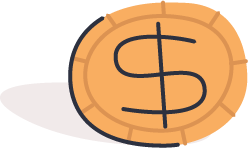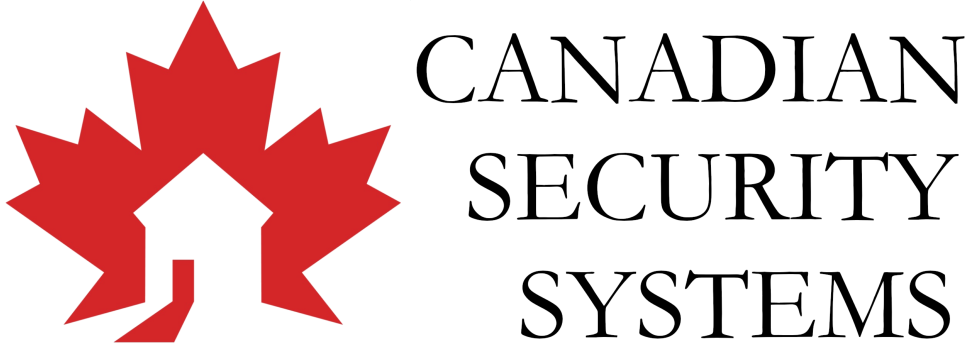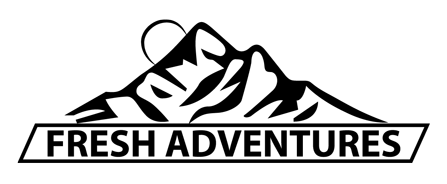
Amounts deducted from an employee paycheque and paid to the government by the employer.

An individual hired by a business with a set wage and salary with hours determined by the business.

An independent worker paid for services rendered to a business.

A CRA account number related to a business to identify payroll filings.

When you must remit payroll taxes to the government to remain compliant.

Amounts withheld from employee paycheques for things like CPP and EI.
Whether you have 5 employees or 100, they need to get paid. There are a few steps to making that happen, starting with setting up a payroll program account with the Canada Revenue Agency (CRA), understanding government requirements (such as payroll taxes and remittances) and knowing how to handle employees and potentially even contractors.
This is your payroll identity with the CRA. A payroll program account is a CRA-issued number given to an employer (or others who deal with paying employees) so that they know who they’re dealing with. It includes your nine-digit business number + RP (to show that it’s for a payroll program number) + a four-digit reference number for each individual payroll program account. For example, it might look like: 12345 6789 RP 0001. You must register for and set up a payroll program account before your first remittances are due with the CRA.


An employee is someone hired by your business to work for the business. Typically, they’ll have set hours, a set wage, and deductions taken from their paycheques for things such as Employment Insurance (EI) and the Canadian Pension Plan (CPP).
A contractor, on the other hand, is an independent worker who is hired and paid only for service rendered. They don’t have a set income from your business and are responsible for submitting their own taxes to the government. They can often set their own work hours as well.


Wagepoint is an easy-to-use payroll software that’s here to make the payroll magic happen. Built with small business payroll in mind, Wagepoint has built-in features for payroll needs from employee and contractor setup to tax remittances to employee forms to direct deposit… the list goes on and on.
Payroll isn’t why you started your business, but it’s a part of it all the same. With Wagepoint, processing payroll can take minutes, and you can have the confidence that employees, contractors and taxes are paid and paid on time.

Learn more about Wagepoint for small businesses.
Julia Moore, Canadian Security Systems Ltd.

Gary Crandall Atlantic Tennis C

Alex Ross, Fresh Adventures

Get a feel for our software for 14 days — absolutely FREE!



